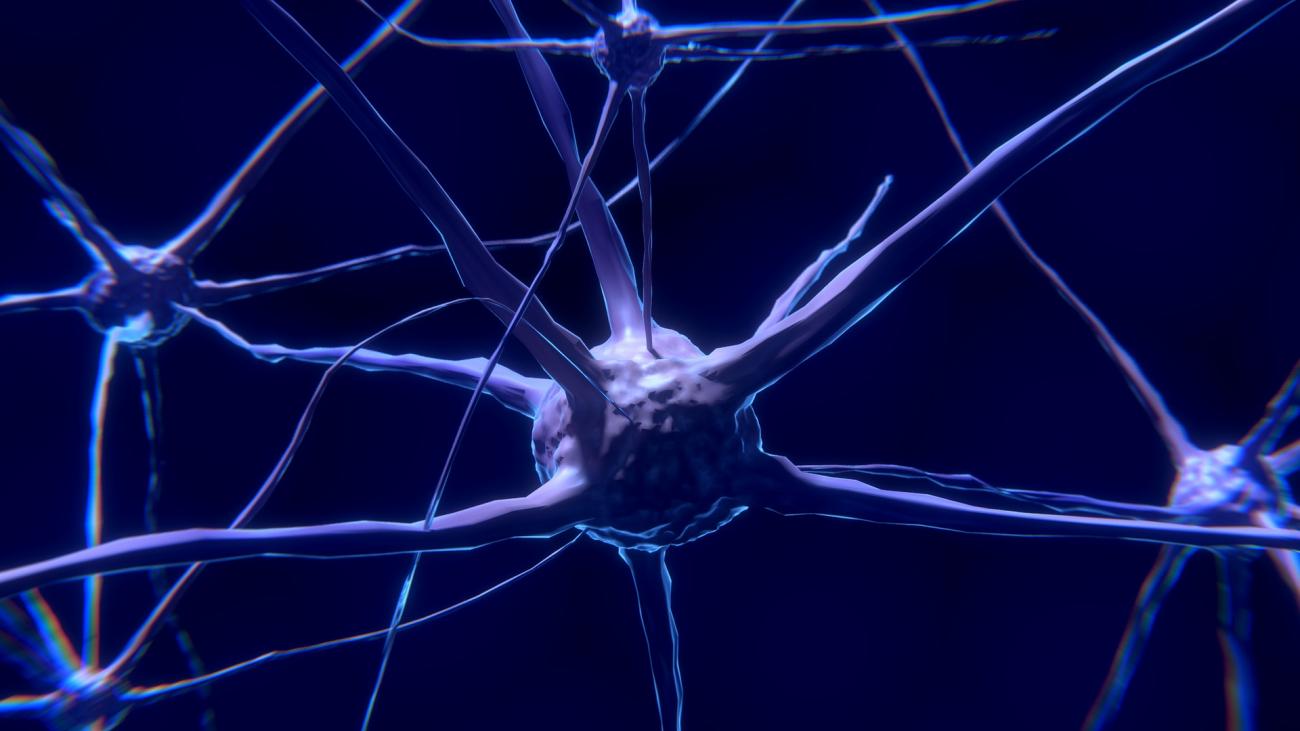Genetic and neurobiological approaches to fear and PTSD
Fear-related disorder such as post-traumatic stress disorder, panic disorder and phobia manifest in ways that are consistent with an uncontrollable state of fear. Their development involves heredity, previous sensitizing experiences, association of aversive events with previous neutral stimuli, and inability to inhibit or extinguish fear after it is chronic and disabling. I will highlight recent progress in the neurobiology of fear learning and memory, differential genetic susceptibility to disorders of fear, and how these findings are being applied to the understanding, treatment and possible prevention of fear-related disorders, such as PTSD. Promising advances are being translated from basic science to the clinic, including approaches to distinguish risk versus resilience before trauma exposure, methods to interfere with fear development during memory consolidation after a trauma, and techniques to inhibit fear reconsolidation and to enhance extinction of chronic fear. Cutting edge approaches to understand the genetic and epigenetic regulation at a cell-type specific level within amygdala, medial prefrontal, and hippocampal circuitry as it relates to fear extinction will also be discussed. It is hoped that this new knowledge will translate to more successful, scientifically informed and rationally designed approaches to disorders of fear regulation.
This event is open to the public.




